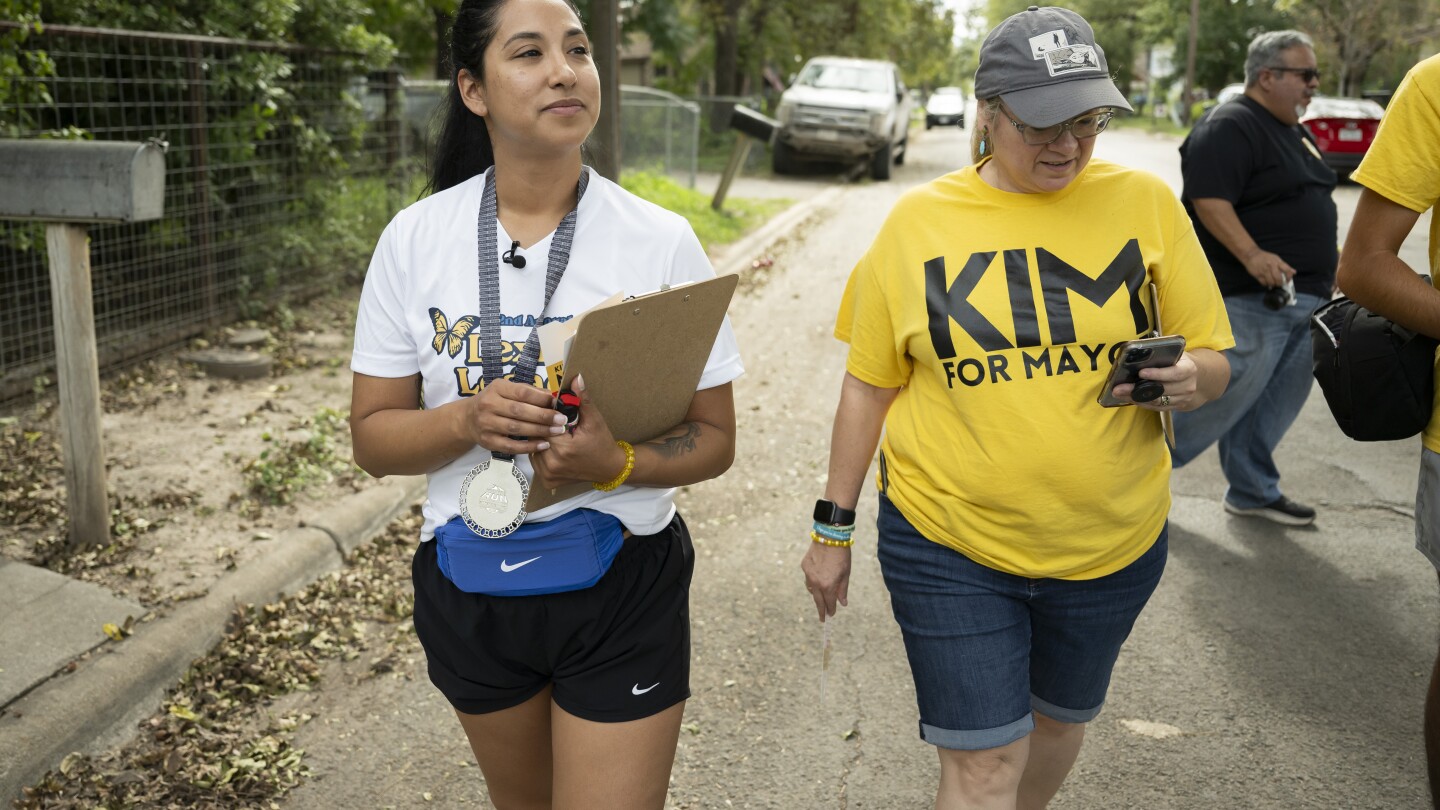On a sticky Texas morning, Kimberly Mata-Rubio is lacing up her running shoes ahead of two races she is running in Uvalde in tribute to her daughter Lexi, who was killed in the 2022 Robb Elementary School shooting.
First up is a charity run honoring Lexi’s life. Then it’s back to a tougher contest: Campaigning to become mayor of Uvalde, a town still divided after one of America’s deadliest mass shootings and a botched police response that is still under investigation.
“One thing I hear with all of my children, and it echoes my own belief, is that right now Lexi’s legacy is our priority and we just want to honor her with action,” Mata-Rubio said.



I know that plays a bit in the role, but I will add that cultural, racial, and ethnic minorities do exist in rural areas and interact with those who live there (I grew up in that sort of area and still have friends and family in those places) and I really believe the primary reason is the relative ease at which the rural areas really feel “disconnected” from the bigger society that people who live near or in bigger cities have.
It’s why European places with really robust aspects of public transit for example lean left politically - even when in remote locales. Places with a real tangible “connection” to the rest of the world see the benefits of major legislative projects.
We don’t really have that anymore it seems.
I would bet that things like Roosevelt’s “Rural Electrification Act” and park conservation employment projects were probably far more important and impactful to Democratic strength in rural areas than posturing on wedge and cultural issues that - while important - are far less tangibly impactful than projects that had a “felt” effect upon the people there.
If someone shows up and hooks up electricity at your house because a Democrat was elected, that means more to you than someone pandering a supposed personal alignment with a rural majority’s supposed ingrained cultural values.